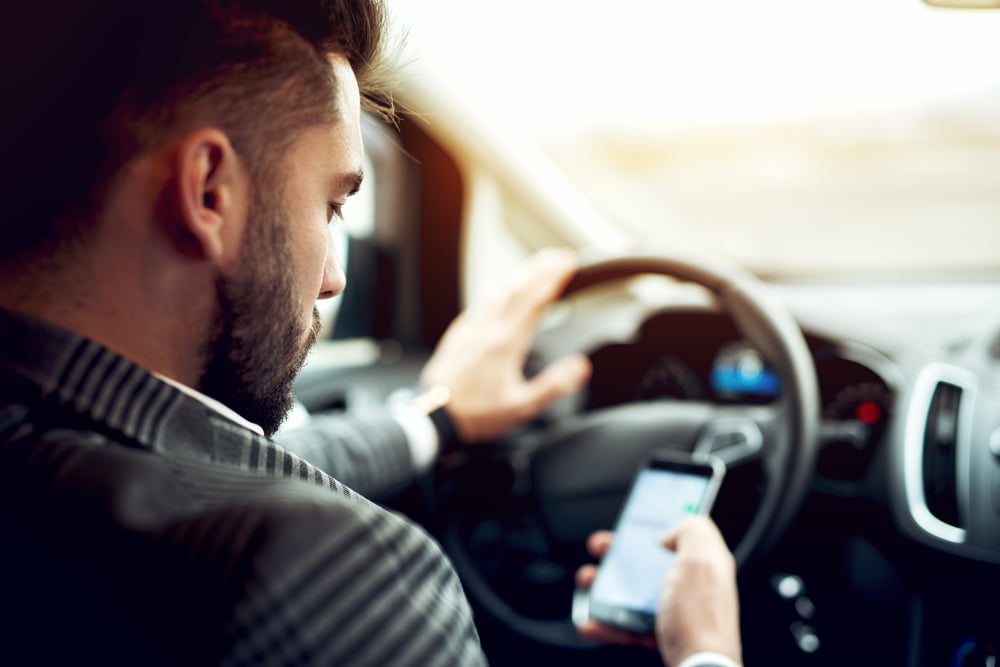Dutch drivers consider social media messages they receive while driving unimportant (84%) and not worth the risk of a fine (94%). Almost half even find them nonsensical and useless. Yet two-thirds of the Dutch sometimes read a message while cycling or driving, out of curiosity or because they think it might be important. For more than half of the people who use their phone in traffic, this leads to slowing down, swinging, missing a turn or even accidents.
This is apparent from the Social Media Diary Survey that the Ministry of Infrastructure and Water Management (IenW) had carried out for the awareness campaign 'MONO'. The ministry calls on people to put on the phone 'do not disturb' while driving or in some other way to ensure that they do not receive notifications while driving. They cause distraction and dangerous situations.
MONO warning action
IenW asked 1.200 road users to keep a diary for four days after their journey in which they accurately described how many messages they received and sent during the journey, what they were about and how important they were. To confront drivers with the results of this research and to make them more aware of the risks, the police, IenW and youth information officers from TeamAlert held a warning campaign for cyclists at the Erasmus Bridge in Rotterdam this morning. Minister Barbara Visser, Minister of Infrastructure and Water Management was also present. During the action, the Rotterdam police gave cyclists a warning instead of a fine. TeamAlert helped people set their phone to MONO mode for do not disturb on the go.
“This research shows that by far the majority of messages you receive while riding a bicycle or in the car can wait very well. Even if you are curious when you receive a message, realize that reading and replying to it leads to dangerous situations. So protect yourself and others and drive MONO, with your eyes on the road instead of your screen.”
Minister Barbara Visser of Infrastructure and Water Management.
Two-thirds read messages on the go
The research shows that seven out of ten Dutch people receive messages or notifications on their telephones when they are in a car, bicycle, scooter, moped or light moped. Although in most cases they do not respond, two-thirds admit to reading them occasionally. Young people more often than older people. The messages on the way are often about social contacts, appointments, family or conversations in group apps. More than half of the drivers who use their telephones in traffic indicate that something has happened as a result. The most frequently mentioned were slowing down, hitting off the road or swinging and reacting more slowly. In some cases, this led to an accident or a fine from the police. Eight out of ten respondents thought the message was not worth such an incident, according to the National government.
Also read: After chat bus now also the chat box


